Sidi Caravan — Congé Payé
Musical brother Sven over in Gent brought me a copy of his band Sidi Caravan's new album Congé Payé when he was over in the autumn, and I've been meaning to write something about it ever since. Waiting to get into the right unhurried headspace to give it a really good, attentive listen. Volume 2 of my trilogy is finally out (phew!), so now is the time.

Anyway, I'm now very familiar with this record. At least musically. There's a dimension to it which I feel rather on the outside of — as a Belgian, Sven's happily switching between numerous languages (Flemish, French, Spanish, Italian, English, various dialects of these, and even some Arabic I think). As a hopeless English person, most of this is lost on me. And there's clearly a lot of humour going on, a central part of the work, which I'm unable to get (unless explained to me). Knowing Sven, who was once in a band along similar lines to Ween, with the ability to parody just about any style of music/lyrics, I'm guessing that the sophistication of the humour here is on a par with The Simpsons or South Park (you'd not get a lot out of these if you didn't understand more than a few words of English). So I'm only getting a partial view here.
This is the first Sidi Caravan album, a long time coming, after numerous studio/mixing issues came up along the way. So they're primarily a live band (who I've not yet seen, although I'm in no doubt that they're hugely entertaining). But this means that some of the more repetitive passages, which I can imagine working really well in a live context, seem just a bit too repetitive on record. But if I got the jokes, perhaps not...
They weave in and out of reggae/dub vives, accordion-led Parisian cafe sounds, West African-style guitar music, Hammond-driven funk, raï, flamenco, drum'n'bass, ragga, with Sven singing, speaking sedutive lines in a presumed parody of bad 70's soul records, rapping remarkably well (for someone who generally dislikes hiphop), toasting, deliving Indian tabla rhythms vocally (as tabla players traditionally do), crooning, and at one point (on the title track) impersonating a priest delivering a Latin mass incantation.
That title track is nine minutes, consisting of numerous tableau-like sections, some rapping in Spanish, heavy funk, a percussion break, some weird noise, house-like beats...intriguing, but as I said, as a linguistically-challenged Englishman, I feel rather left out of the joke. Fortunately, Sven has explained (by text message): "The song is about the remarkable and strong duality in Italian society. At one side a tendency towards an easy going sometimes very romantic veiw of life and on the other a strong tendency twoards uniformity and norm (here personififed by the most popular black sheep: the Old Bill (Italian state police, properly named 'questura' = 'the questioners') and the Catholic Church." The title means "paid holiday" in a dialect of French spoken by Flemish people (or something).
There are a couple of songs that I'm familiar with from having played them with Sven a few times in recent years: "Fatima", and "De Plong" (you can hear rough campfire versions here and here)...the latter I knew as "When Diamanda Galas Sang 'My World Is Empty Without You Babe'". These are easily two of Sven's best compositions, and "Fatima" in particular deserves to be heard far and wide (yes even farther and wider than the open mic night at The Smack in Whitstable...) "De Plong" involves some effective accordion, a lot of thought has cleary gone into the production of this...big full clean sound, nice separation... and some weird, almost Moog-y, stuff going on in places.
"Tout Seul" starts off with an flamenco-like contemplative flourish, Sven managing to make his guitar sound quite oud-like before a D'n'B beat kicks in. The bass playing is super-solid throughout the album. This tracks's got a bit of a darker urgency about it than the rest, and a nice dub section with occasional returns to the oud-like flamenco bit.
"Fumeur" start with a bit of ragga chant, then a bhangra beat...sounds like a celebration of Sven's favourite herb. I have no idea what's going on lyrically, but Various kinds of chanting gradually give way to some kind of (no doubt intentionally) cheesy house beats supplemented by some awesome electric guitar (with a Tinariwen-like abrasive African lo-fi tone). Then a kind of "planetary disco" vibe takes over (sounds like the whole world is present), Sven toasting repeatedly over another dub riddim into the closing seconds.
The album packaging features some 50's B-movie comic-style art involving the band members, further evidence that they don't take themselves terribly seriously. This mix of silliness and seriousness is arguably both a strength and a weakness on this album (only a weakness to the language-ignorant such as myself, though). I'll have to get Sven to explain the rest of the tracks to me (or else learn a load of languages).
Mainly this just makes me want to spend more time playing music with Sven, and engaging with the creative multicultural energies bubbling away in Gent which, if I think about it, really isn't that much farther from Canterbury than London is.

Anyway, I'm now very familiar with this record. At least musically. There's a dimension to it which I feel rather on the outside of — as a Belgian, Sven's happily switching between numerous languages (Flemish, French, Spanish, Italian, English, various dialects of these, and even some Arabic I think). As a hopeless English person, most of this is lost on me. And there's clearly a lot of humour going on, a central part of the work, which I'm unable to get (unless explained to me). Knowing Sven, who was once in a band along similar lines to Ween, with the ability to parody just about any style of music/lyrics, I'm guessing that the sophistication of the humour here is on a par with The Simpsons or South Park (you'd not get a lot out of these if you didn't understand more than a few words of English). So I'm only getting a partial view here.
This is the first Sidi Caravan album, a long time coming, after numerous studio/mixing issues came up along the way. So they're primarily a live band (who I've not yet seen, although I'm in no doubt that they're hugely entertaining). But this means that some of the more repetitive passages, which I can imagine working really well in a live context, seem just a bit too repetitive on record. But if I got the jokes, perhaps not...
They weave in and out of reggae/dub vives, accordion-led Parisian cafe sounds, West African-style guitar music, Hammond-driven funk, raï, flamenco, drum'n'bass, ragga, with Sven singing, speaking sedutive lines in a presumed parody of bad 70's soul records, rapping remarkably well (for someone who generally dislikes hiphop), toasting, deliving Indian tabla rhythms vocally (as tabla players traditionally do), crooning, and at one point (on the title track) impersonating a priest delivering a Latin mass incantation.
That title track is nine minutes, consisting of numerous tableau-like sections, some rapping in Spanish, heavy funk, a percussion break, some weird noise, house-like beats...intriguing, but as I said, as a linguistically-challenged Englishman, I feel rather left out of the joke. Fortunately, Sven has explained (by text message): "The song is about the remarkable and strong duality in Italian society. At one side a tendency towards an easy going sometimes very romantic veiw of life and on the other a strong tendency twoards uniformity and norm (here personififed by the most popular black sheep: the Old Bill (Italian state police, properly named 'questura' = 'the questioners') and the Catholic Church." The title means "paid holiday" in a dialect of French spoken by Flemish people (or something).
There are a couple of songs that I'm familiar with from having played them with Sven a few times in recent years: "Fatima", and "De Plong" (you can hear rough campfire versions here and here)...the latter I knew as "When Diamanda Galas Sang 'My World Is Empty Without You Babe'". These are easily two of Sven's best compositions, and "Fatima" in particular deserves to be heard far and wide (yes even farther and wider than the open mic night at The Smack in Whitstable...) "De Plong" involves some effective accordion, a lot of thought has cleary gone into the production of this...big full clean sound, nice separation... and some weird, almost Moog-y, stuff going on in places.
"Tout Seul" starts off with an flamenco-like contemplative flourish, Sven managing to make his guitar sound quite oud-like before a D'n'B beat kicks in. The bass playing is super-solid throughout the album. This tracks's got a bit of a darker urgency about it than the rest, and a nice dub section with occasional returns to the oud-like flamenco bit.
"Fumeur" start with a bit of ragga chant, then a bhangra beat...sounds like a celebration of Sven's favourite herb. I have no idea what's going on lyrically, but Various kinds of chanting gradually give way to some kind of (no doubt intentionally) cheesy house beats supplemented by some awesome electric guitar (with a Tinariwen-like abrasive African lo-fi tone). Then a kind of "planetary disco" vibe takes over (sounds like the whole world is present), Sven toasting repeatedly over another dub riddim into the closing seconds.
The album packaging features some 50's B-movie comic-style art involving the band members, further evidence that they don't take themselves terribly seriously. This mix of silliness and seriousness is arguably both a strength and a weakness on this album (only a weakness to the language-ignorant such as myself, though). I'll have to get Sven to explain the rest of the tracks to me (or else learn a load of languages).
Mainly this just makes me want to spend more time playing music with Sven, and engaging with the creative multicultural energies bubbling away in Gent which, if I think about it, really isn't that much farther from Canterbury than London is.
















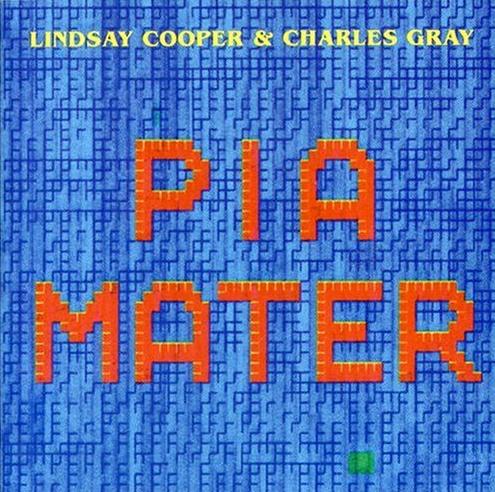
































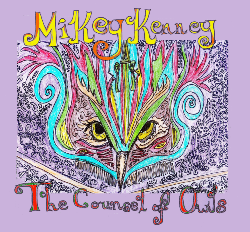



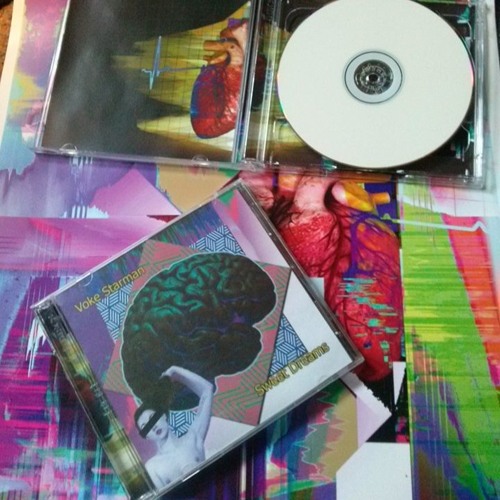



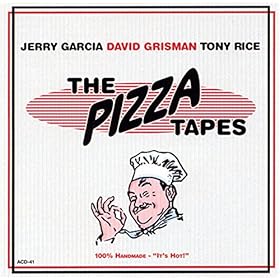

























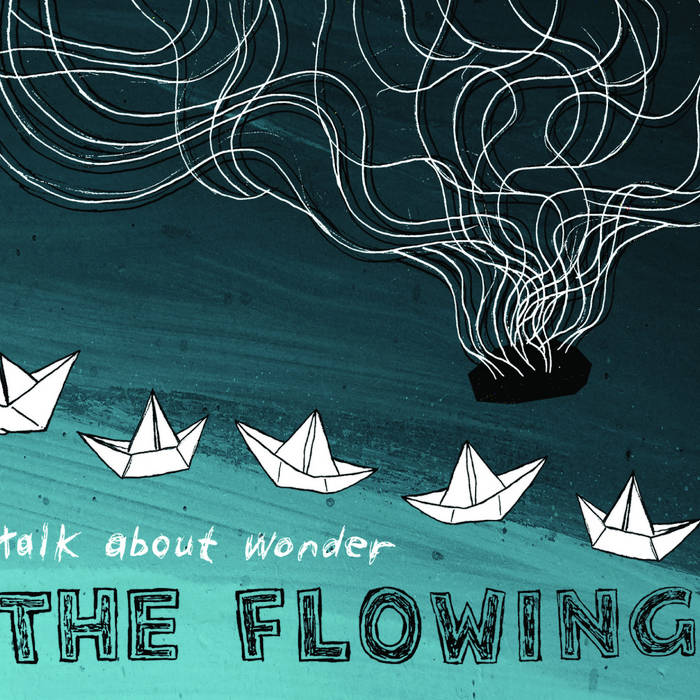












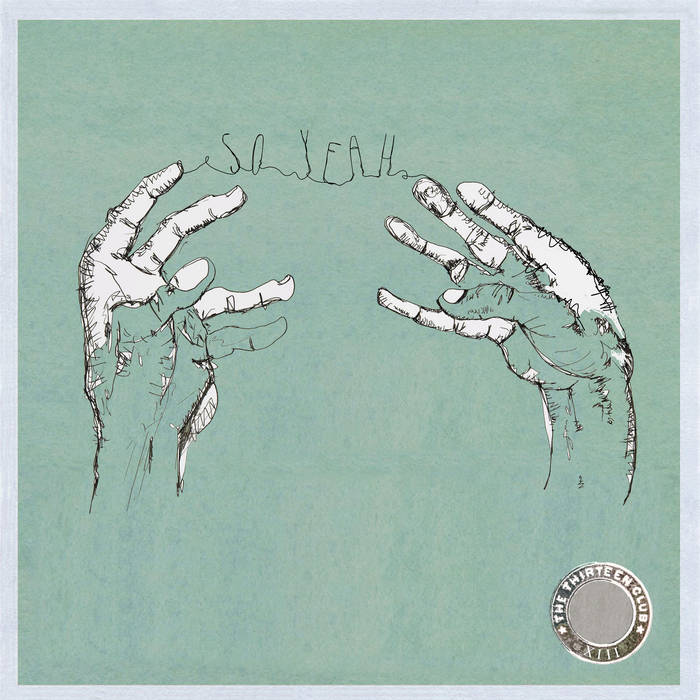







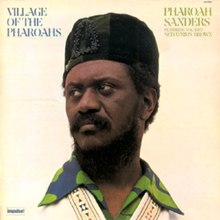











































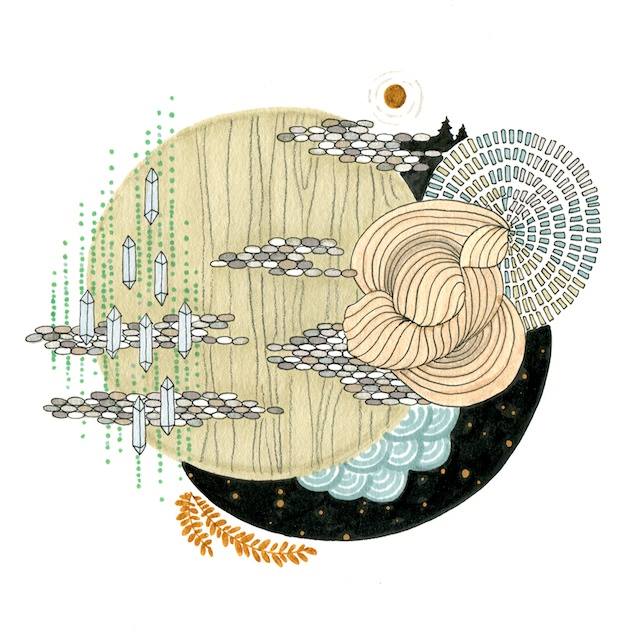





































































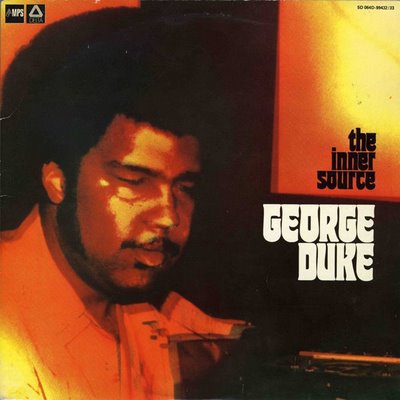












































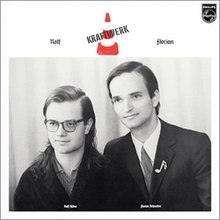


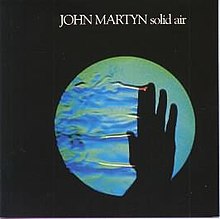



















































































































































































































































































































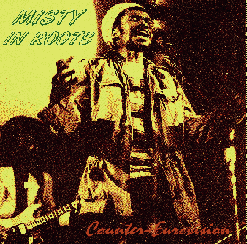





















































































































































































































































































































0 Comments:
Post a Comment
<< Home